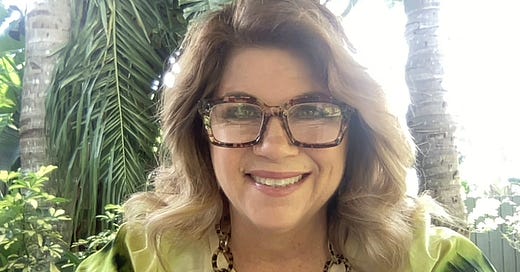How do you build a strong, resilient widows’ nonprofit that is moving mountains to ensure widow support is available - as available as the common charitable and worthy causes we all know about?
Because we are finding that it’s not easy to get anyone to care for the cause of caring for widows, to attend fundraising events, setting up funding conversations or to participate in the cause of supporting widows more broadly.
It’s as if widows who know the need exists must create their own support because too many people are uncertain on how to even interact with these ladies who share their grief, loss, pain and sorrow.
People don’t understand widows, what they need, why they are struggling or how they get stuck or how they move forward in life after such a traumatic and disruptive life event. People are more comfortable with the causes that we find common in the world and have already filled an identifiable gap.
This is what needs to happen with widow support- it needs to be as common and …
Watch with a 7-day free trial
Subscribe to Widow Life™ to watch this video and get 7 days of free access to the full post archives.





